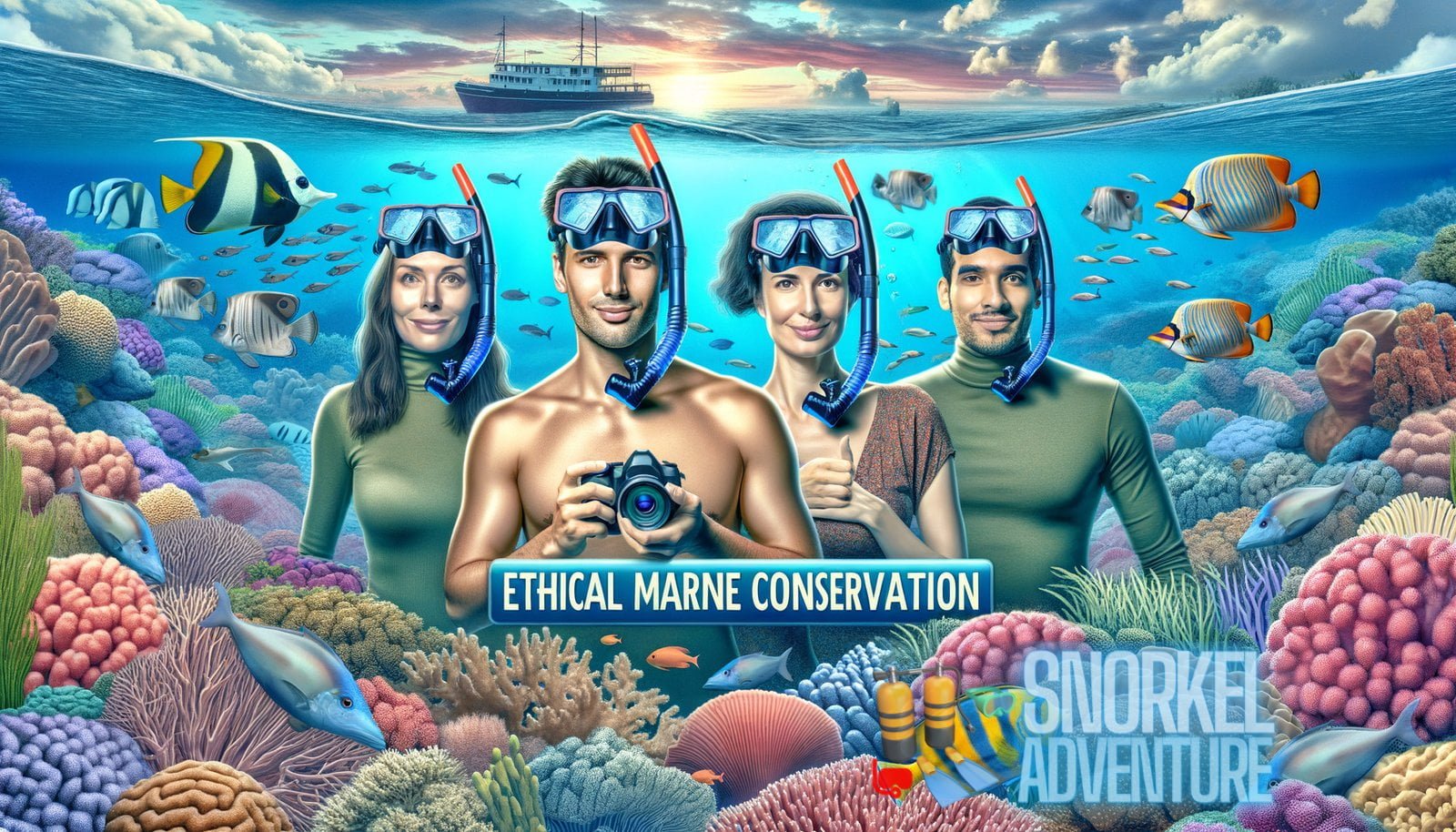The Silent Protectors: The Crucial Role of Snorkeling in Balancing Marine Ecosystems
Snorkeling is not just a popular recreational activity enjoyed by millions of people around the world; it also plays a crucial role in balancing marine ecosystems. While snorkelers may appear to be passive observers, they are, in fact, the silent protectors of the underwater world. By promoting marine conservation and engaging in sustainable snorkeling practices, snorkelers can contribute to the preservation of fragile marine ecosystems and help protect the biodiversity of our oceans.
The Importance of Marine Conservation
Marine conservation is essential for maintaining the health and resilience of our oceans. Oceans cover more than 70% of the Earth’s surface and are home to a vast array of plant and animal species. They also play a critical role in regulating the Earth’s climate by absorbing and storing large amounts of carbon dioxide and heat. However, marine ecosystems are facing unprecedented threats from human activities such as overfishing, pollution, and habitat destruction.
Protecting marine ecosystems is not only important for the survival of marine species but also for the well-being of human populations. Oceans provide valuable resources such as food, medicine, and livelihoods for millions of people worldwide. Conserving marine ecosystems is crucial for maintaining the balance of our planet’s ecosystems and ensuring the sustainability of these valuable resources.
The Role of Snorkeling in Marine Conservation
Snorkeling offers a unique opportunity for individuals to connect with and appreciate the beauty of marine ecosystems firsthand. By immersing themselves in the underwater world, snorkelers can develop a deep sense of connection and appreciation for the fragile balance of life beneath the waves. This connection often translates into a desire to protect and conserve marine ecosystems.
There are several ways in which snorkeling can contribute to marine conservation:
- Education and Awareness: Snorkeling provides an excellent platform for educating and raising awareness about the importance of marine conservation. By witnessing the beauty and complexity of marine life, snorkelers can gain a better understanding of the delicate balance that exists in marine ecosystems and the threats they face. This awareness can then be shared with others, helping to spread the message of marine conservation.
- Scientific Research: Snorkelers can also contribute to scientific research by collecting data on marine species and habitats. This citizen science approach provides valuable information that can be used to monitor and manage marine ecosystems effectively. By participating in initiatives such as reef monitoring programs, snorkelers can help scientists track changes in marine biodiversity and identify areas in need of protection.
- Advocacy and Policy: Snorkelers can become advocates for marine conservation by supporting policies and initiatives that protect marine ecosystems. By joining local and international organizations dedicated to marine conservation, snorkelers can help influence decision-makers and promote sustainable practices that benefit both the environment and local communities.
Sustainable Snorkeling Practices
While snorkeling can be a powerful tool for marine conservation, it is crucial that snorkelers engage in sustainable practices to minimize their impact on marine ecosystems. Here are some key guidelines for snorkeling sustainably:
- Do Not Touch Marine Life: Snorkelers should avoid touching or interfering with marine life. Even seemingly harmless actions such as touching corals or chasing fish can have detrimental effects on their health and behavior. Respect the natural behavior of marine species and observe them from a distance.
- Use Reef-Friendly Sunscreen: Many sunscreens contain chemicals that are harmful to coral reefs and other marine organisms. Choose reef-friendly sunscreens that are free from oxybenzone and octinoxate to protect the health of coral reefs and other marine ecosystems.
- Practice Responsible Snorkeling: Snorkelers should remain aware of their surroundings and avoid kicking or damaging coral reefs with their fins. Be mindful of the depth and currents and always stay within your abilities. Respect any marine protected areas or no-take zones and follow local regulations.
- Minimize Waste: Snorkelers should make an effort to minimize their waste and properly dispose of any trash they generate. Avoid using single-use plastics such as water bottles and straws and opt for reusable alternatives. Participate in beach clean-ups and encourage others to do the same.
By following these sustainable snorkeling practices, snorkelers can enjoy the beauty of marine ecosystems while minimizing their impact on the environment and contributing to marine conservation efforts.
Conclusion
Snorkeling is not just a recreational activity; it is a powerful tool for marine conservation. By promoting awareness, engaging in scientific research, and advocating for policy change, snorkelers can play a crucial role in protecting and conserving marine ecosystems. By practicing sustainable snorkeling, snorkelers can minimize their impact on the environment and ensure the long-term health and resilience of our oceans. So, the next time you don your snorkel and mask, remember that you are not just an observer but a silent protector of the underwater world.
For more information on marine conservation and sustainable snorkeling practices, please check out the following articles:


